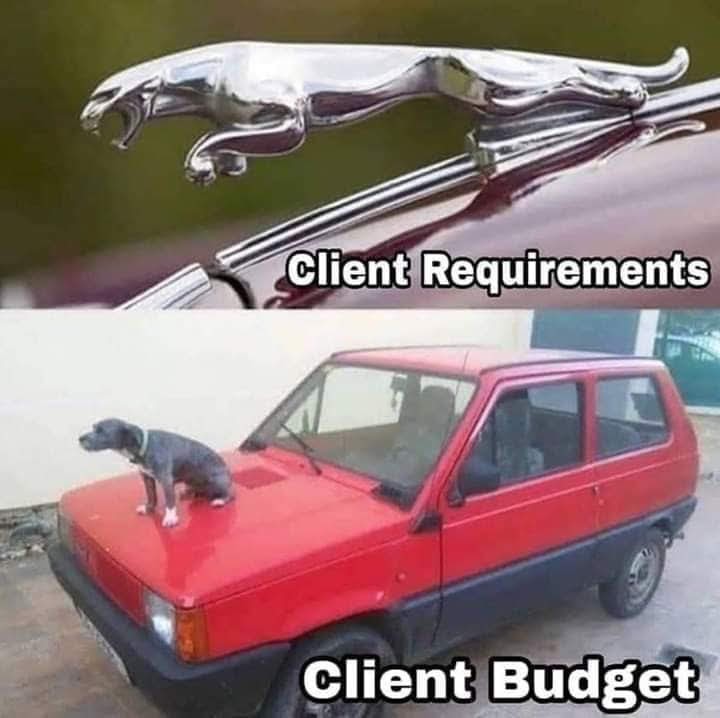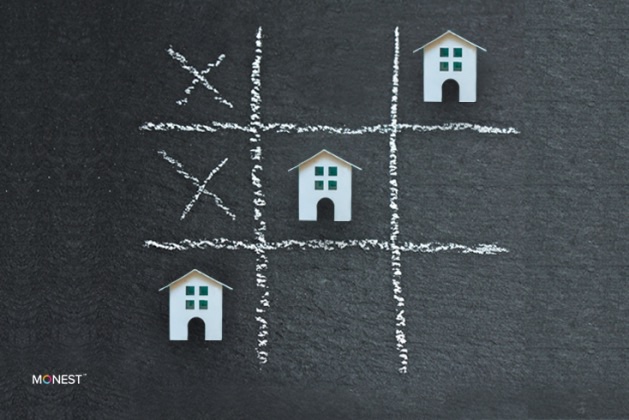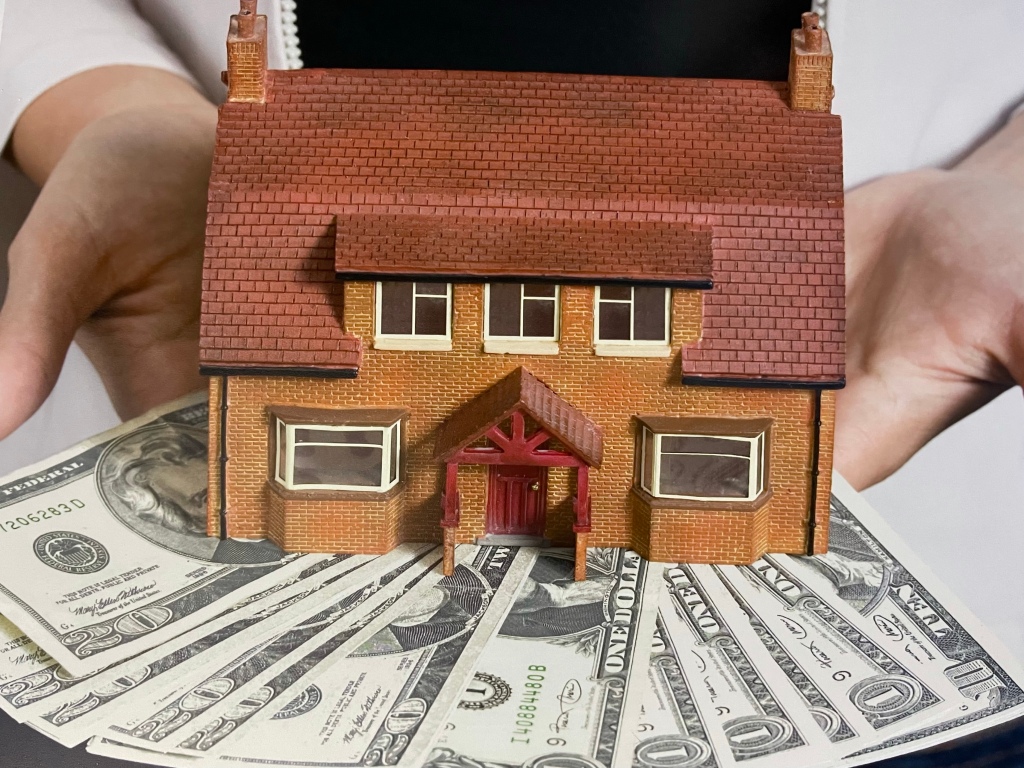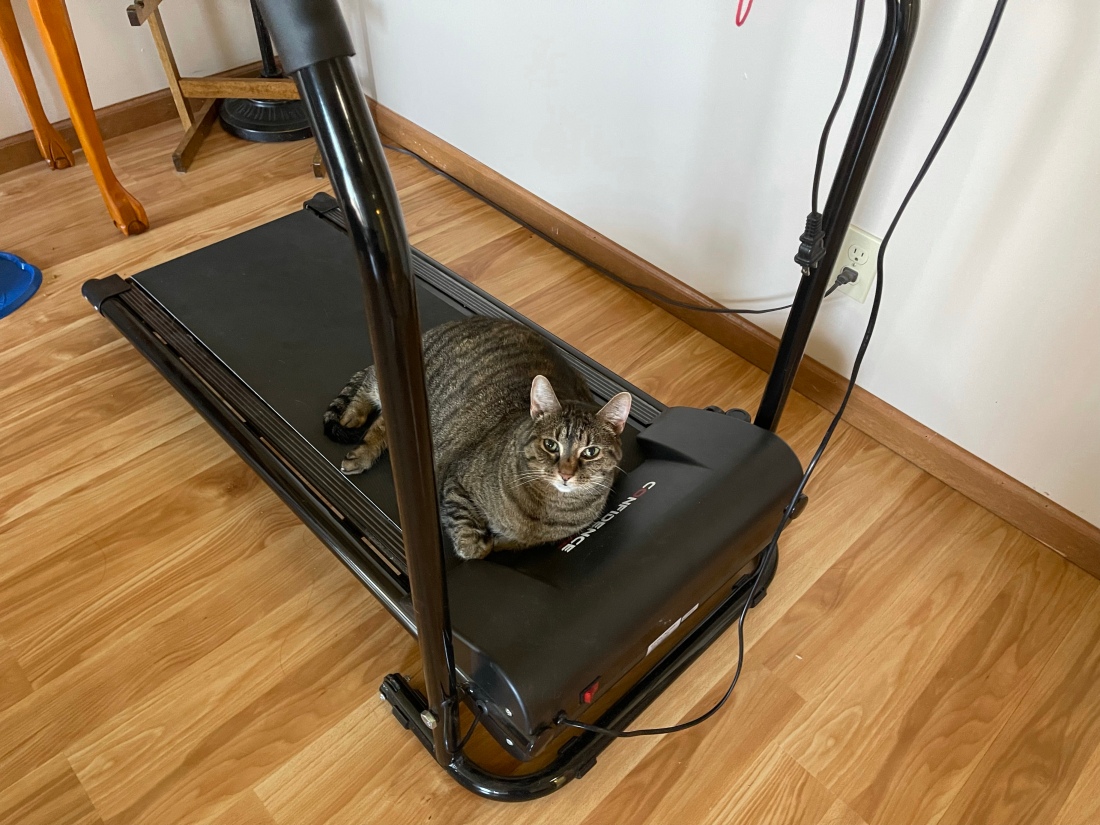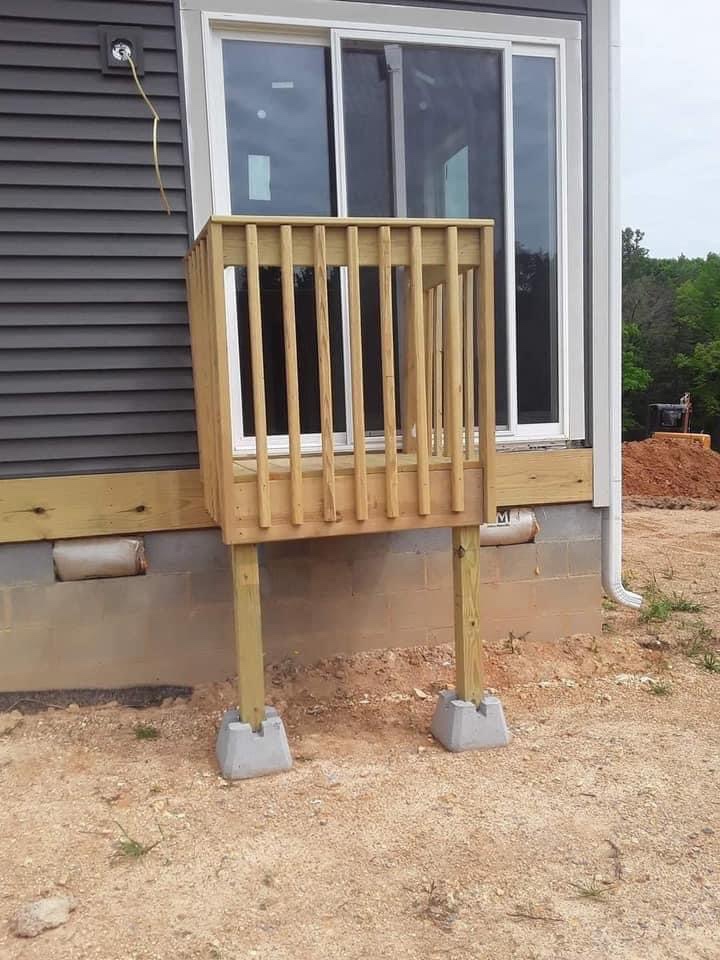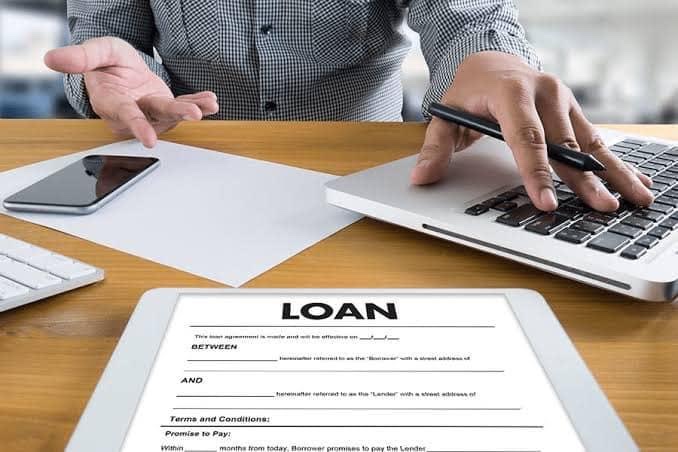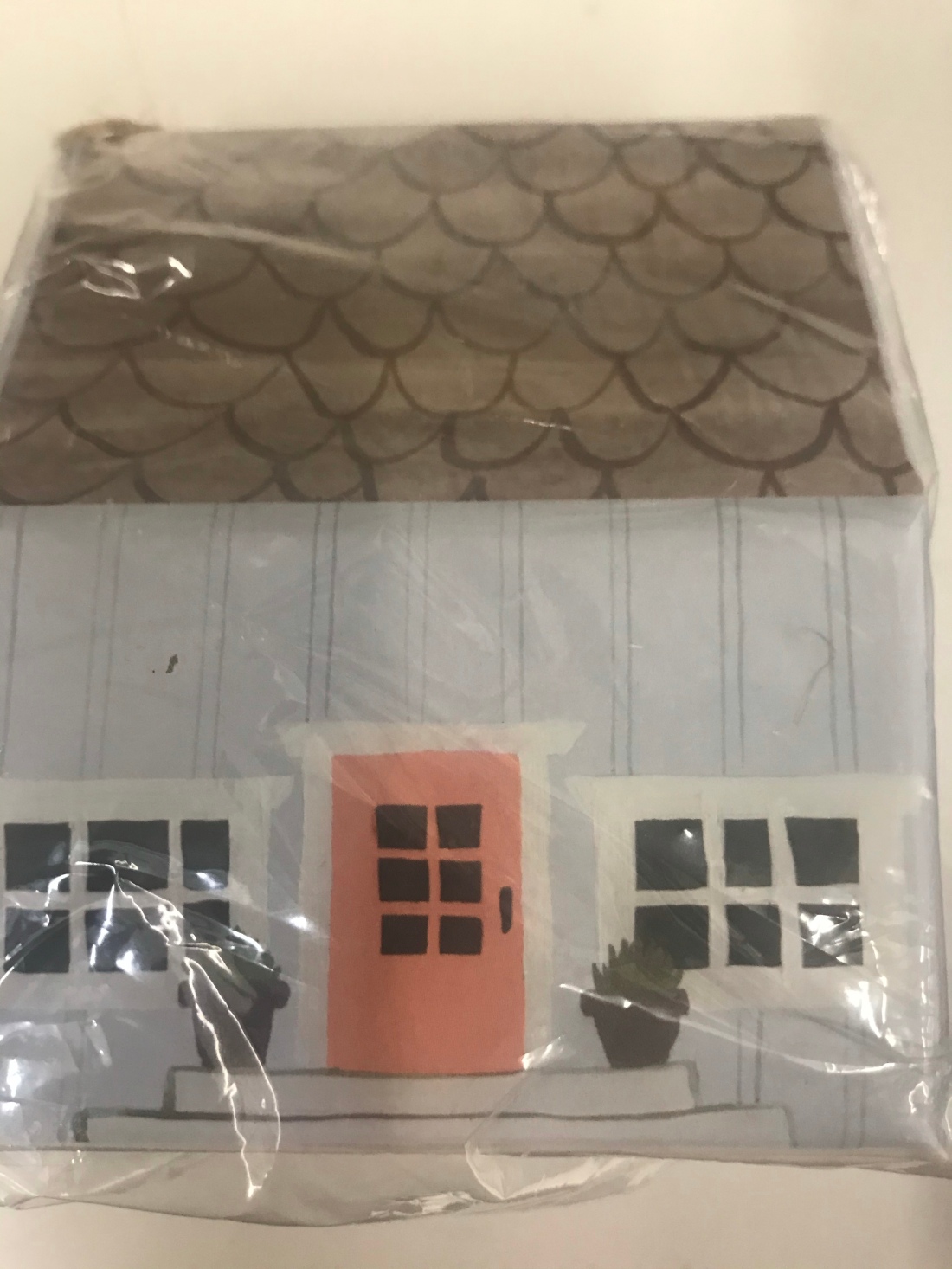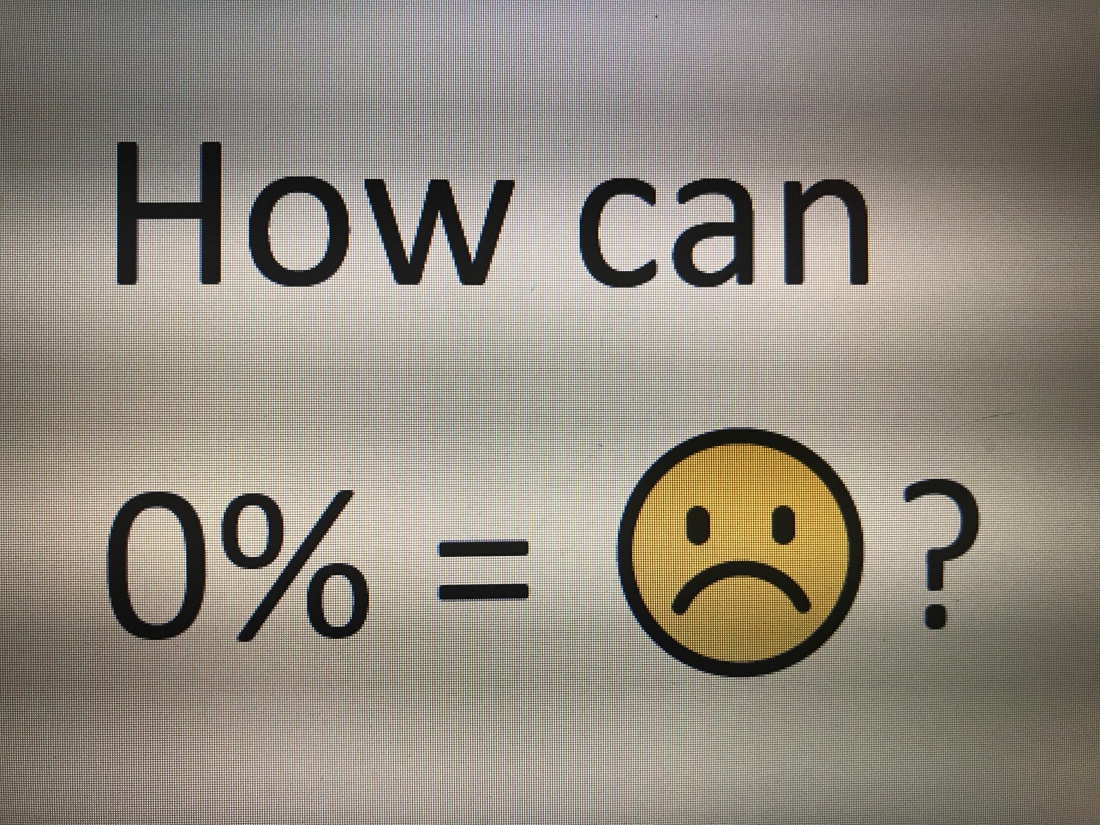I am mystified at human nature. I really can’t believe it. Recently I quoted a payment that would have saved someone $350 a month! (Don’t everyone call me to get the same deal, it was unique to that situation) And they didn’t take it! I have people DAILY call me to save $50 they would do anything. So let’s review the primary ways you can save on your mortgage payment and what a good lender (me) can do for you…
- Stretching it back out to 30 years. Stretching the remaining amount back out to 30 years, even with adding in the closing costs, will often save on the monthly payment even if the interest rate doesn’t change at all.
- Reducing the rate, not a end all be all, but reducing the interest rate is usually the key to a lower payment. There is no rule of thumb, but generally .5-1% less can make a good bit of difference.
- Eliminating PMI – believe it or not, simply refinancing out of a loan with PMI (like and FHA loan) into a conventional loan will bring that benefit to the monthly payment by itself.
- Paying off something else, including debt consolidation, this is a great way to reduce your monthly payments as a total.
- Re-analyzing your escrow. This has several components, PMI mentioned above, homeowner’s insurance, and also property taxes (see how I saved someone a lot here).
Here are some great X factors (or bonuses) to refinancing:
- “Skip a month” payment, maybe two!
- Get your escrow back from the old mortgage company in 30 days after closing.
So many reasons to refinance! What’s your number you would like to reach? Let’s find it together here…

